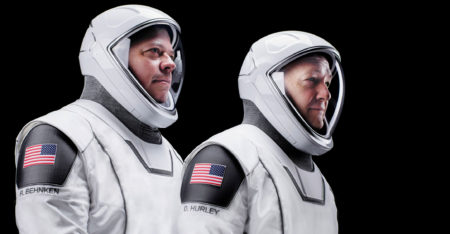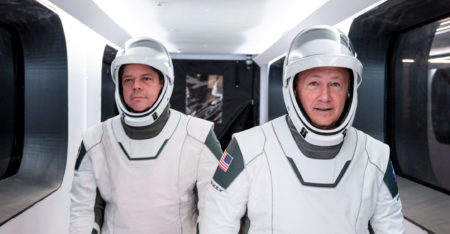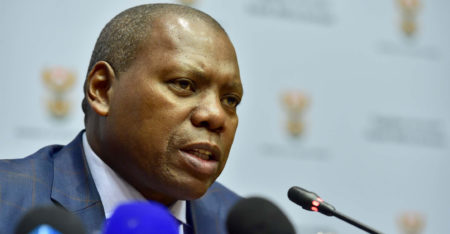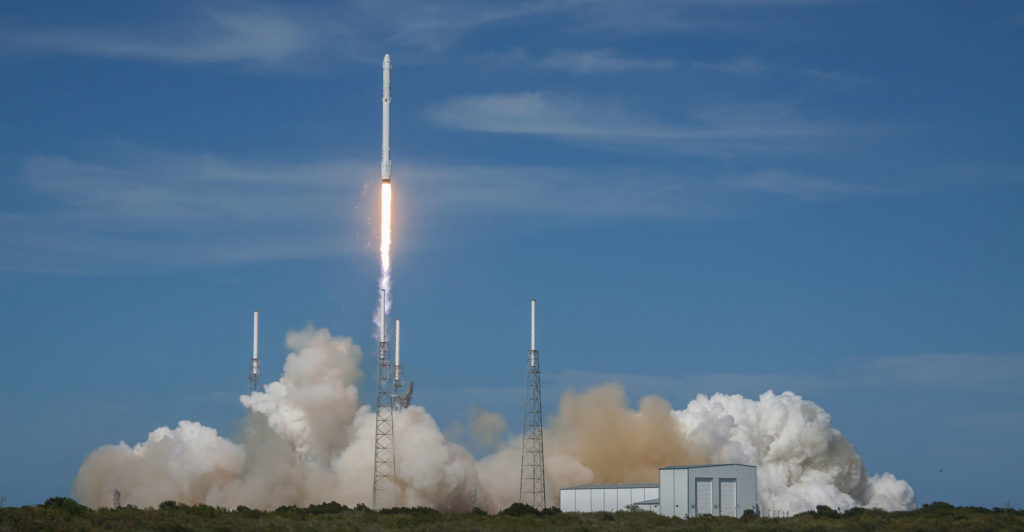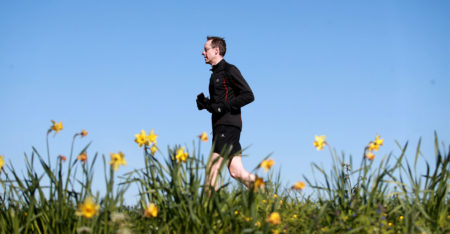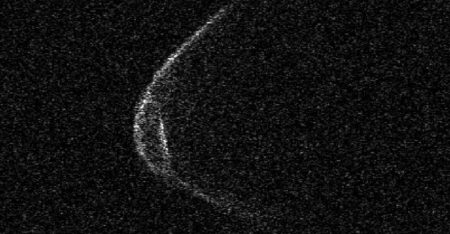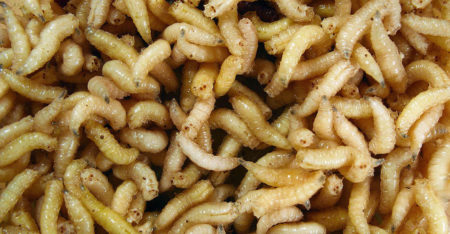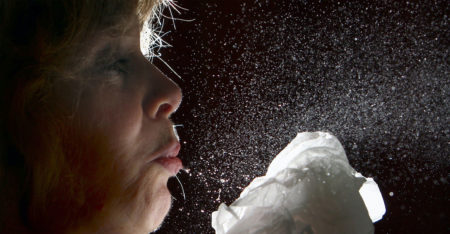Nasa and SpaceX are preparing for the first manned launch to take off from American soil since 2011. Watch the livestream here.
Browsing: Science
SpaceX is on course to make history on Wednesday as it launches two astronauts into space, the first time a private company has attempted to do so.
The scientific community’s support for South Africa’s management of the coronavirus outbreak risks being undermined by the health ministry’s harsh response to criticism from a leading expert.
On 27 May, two US astronauts are planning to launch from the Kennedy Space Centre on a mission to the International Space Station. What’s remarkable is they will not be launched by Nasa but by a private company.
Elon Musk is about to face his biggest test after almost two decades as a space entrepreneur: launching human beings into orbit.
A new generation of wearable devices could be powered by human sweat instead of conventional batteries, scientists have said.
An asteroid more than a mile wide is set to make a pass by Earth on Wednesday, although scientists insist it poses no danger.
An industrial-scale maggot plant north of Cape Town could hold a solution to the persistent problem of methane emissions, a big contributor to climate change.
Two types of cells in the nose have been identified as the likely initial infection points for coronavirus, researchers have said.
Stephen Wolfram is a cult figure in programming and mathematics. Last week, he launched a new venture: the Wolfram Physics Project, an ambitious attempt to develop a new physics of our universe.


